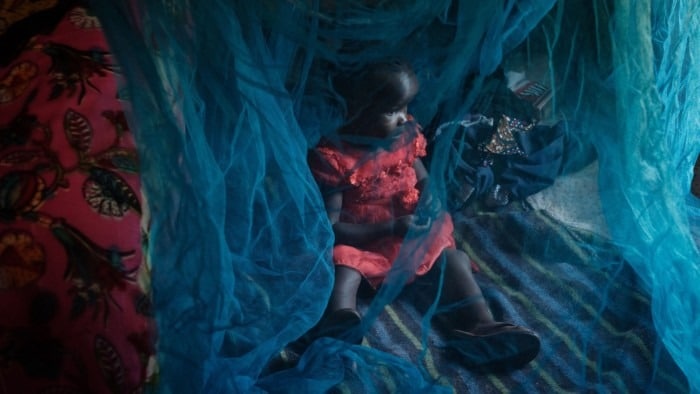Highly Effective Oxford University Malaria Vaccine Expected to Enable Sufficient Supply for At-Risk Infants
The World Health Organization (WHO) has recommended approval of a malaria vaccine developed by Oxford University that has shown sustained protection in trials, marking a turning point in treating a disease that continues to kill hundreds of thousands of children annually.
On Monday, WHO Director-General Tedros Adhanom Ghebreyesus said the health body was recommending a second vaccine for widespread use in preventing malaria in at-risk children.
The R21/Matrix-M vaccine adds a highly potent shot to available malaria treatments, one that can be broadly rolled out to sub-Saharan African countries that need it most thanks to Oxford’s manufacturing deal with India’s Serum Institute (SII).
“As a malaria researcher, I used to dream of the day we would have a safe and effective vaccine against malaria. Now we have two,” said Tedros.
At a cost of $2-$4 a dose it’s comparable to other malaria interventions and childhood vaccines,” he added, noting the decision was based on input from WHO’s vaccine advisory groups. They reviewed evidence showing the shot reduced symptomatic cases by 75% in the year after three doses, with a fourth dose maintaining protection.
The vaccine uses an adjuvant by Novavax to boost efficacy by enhancing immune response. Ghanaian regulators were first to approve it earlier this year. In 2021, WHO recommended widespread use of GSK’s similar RTS,S/AS01 vaccine.
Malaria remains a major global health threat, especially in Africa, which in 2021 had 95% of cases and 96% of over 600,000 deaths worldwide. Children under 5 accounted for four-fifths of regional deaths. Though preventable and curable, over 240 million cases occurred globally in 2021.
R21 targets the parasite early after human contact. A 2021 study showed a booster dose had up to 80% efficacy in one group, and 70% in another.
R21’s Oxford-SII production arrangement could enable bigger supply volumes, experts say.
“Demand for malaria vaccines is unprecedented; however, available RTS,S supply is limited,” said WHO Monday. The addition of R21 is expected to result in sufficient vaccine supply to benefit all at-risk children.



